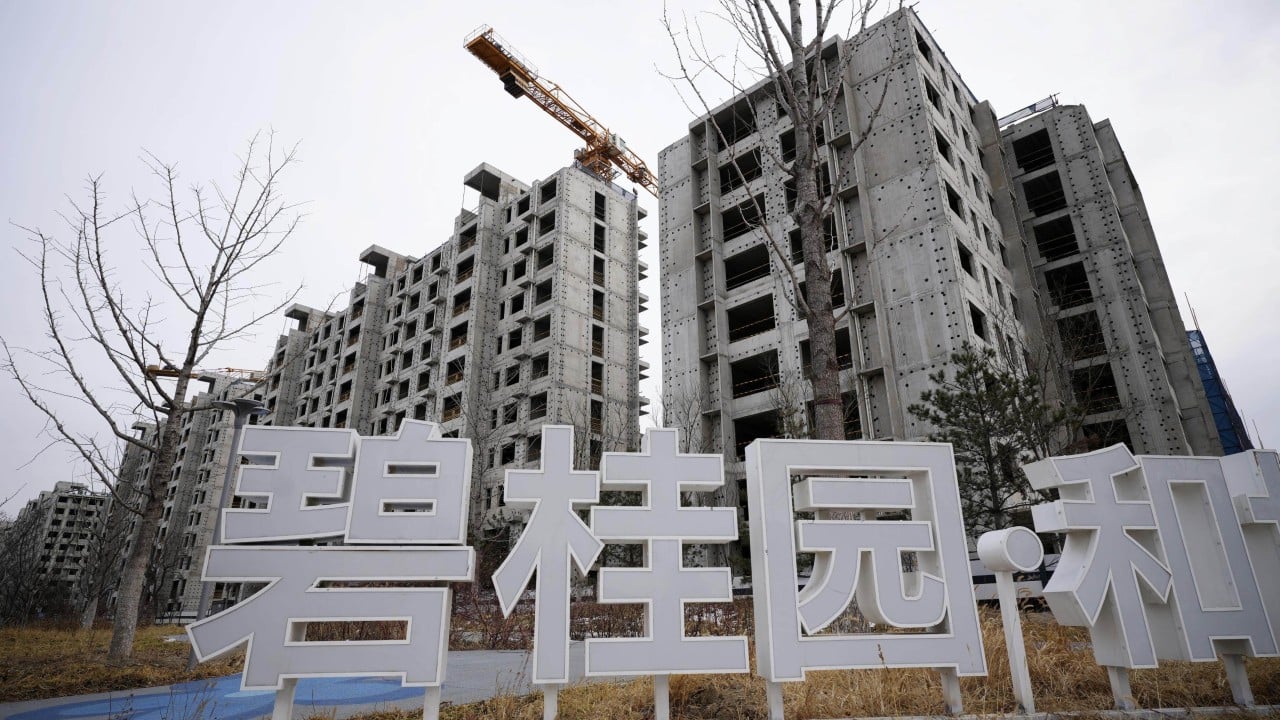When people talk about Hong Kong as an international financial centre, what immediately comes to mind are its vibrant capital market, its efficient banking system, the ease and economy of incorporating and operating companies here, and the robust and transparent legal system that supports them.
Advertisement
But what is less commonly known is that Hong Kong is also a well-known international restructuring and insolvency hub.
Restructuring and insolvency (R&I) refer to the situation in which a company and its business run into financial difficulty, with the company and its creditors (for example, banks, private credit providers and bondholders) first trying to restructure the company’s debts to give it an opportunity to turn its business around. If that fails, the company is put into insolvent liquidation under court supervision for creditor protection.
R&I mechanisms thus seek to help the company find a way out of its financial troubles and give it an opportunity to turn around and, hopefully, prosper again.
A company may run into difficulties for reasons unrelated to how it organises or runs its business. More often than not – especially in recent years – those difficulties may be due to external factors beyond the control of a company’s operators. R&I activities therefore serve an important function in facilitating the continuation of viable businesses for the benefit of stakeholders.
Advertisement
When avenues have been exhausted and nothing works, the responsible thing would be to put an end to the company. It would then be subject to a statutory scheme managed by court-appointed officers under court supervision to secure the assets left, and to ensure the orderly distribution of those assets to protect creditors.
The uniqueness of Hong Kong is not that it provides R&I services, but that it specialises in offering them across borders.

